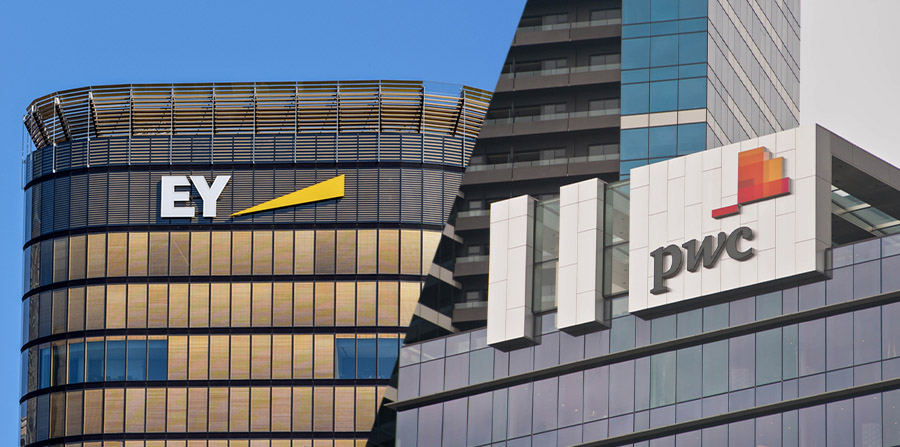In the labyrinthine corridors of the European Union, a trio of consulting giants—Deloitte, PwC, and EY—wield significant influence over policy-making, regulatory frameworks, and economic strategies. These firms are not merely passive advisors but active architects of the EU‘s future, operating through intricate and often opaque networks. This article delves into the hidden webs these consulting behemoths have spun, exploring their power plays and secret alliances.
Inside the Web: EU Consulting Giants’ Hidden Networks
The consulting giants Deloitte, PwC, and EY have established extensive networks within the EU, leveraging their expertise to shape public policy and regulatory frameworks. These networks are often hidden from public view, making it challenging to assess the full extent of their influence. One key aspect of their strategy involves embedding themselves within various EU institutions through consultancy contracts, advisory roles, and secondments. This allows them to gain insider knowledge and exert subtle pressure on decision-makers, ensuring that their clients’ interests are well-represented.
Moreover, these firms have cultivated relationships with a wide array of stakeholders, including government officials, industry leaders, and academic experts. By positioning themselves as indispensable partners in the policy-making process, they have created a symbiotic relationship where their input is not only welcomed but often sought after. This network of influence extends beyond Brussels, reaching into the national capitals of EU member states, where they offer tailored advice to governments on implementing EU directives and regulations.
The opacity of these networks raises significant questions about transparency and accountability. While consulting firms argue that their involvement brings much-needed expertise to complex policy issues, critics contend that their undisclosed connections and potential conflicts of interest undermine democratic processes. The challenge lies in striking a balance between utilizing the expertise of these firms and ensuring that their influence does not compromise the integrity of EU governance.
Deloitte, PwC, and EY: Power Plays and Secret Alliances
Deloitte, PwC, and EY are not just competitors in the consulting market; they are also strategic players in a high-stakes game of influence and alliances. Each firm has developed its own unique approach to navigating the complex landscape of EU politics. Deloitte, for instance, has focused on building strong relationships with key policymakers through its extensive lobbying efforts. Its strategy involves not only direct lobbying but also participation in think tanks and policy forums, where it can shape the debate on critical issues.
PwC, on the other hand, has emphasized its role as a thought leader in areas such as digital transformation and sustainability. By producing influential reports and hosting high-profile events, PwC positions itself as a trusted advisor that policymakers turn to for guidance on the most pressing challenges facing the EU. This approach has allowed PwC to build a network of alliances with other influential organizations, further amplifying its voice in the policy-making process.
EY has taken a different route, focusing on strategic partnerships and alliances with other firms and institutions. By collaborating with universities, research institutes, and non-governmental organizations, EY has created a broad coalition that can advocate for policy changes from multiple angles. This multi-faceted approach not only enhances EY’s credibility but also ensures that its recommendations are backed by a diverse array of stakeholders. However, these secretive alliances also raise concerns about the potential for undue influence and the need for greater transparency in how these partnerships operate.
The hidden networks and strategic maneuvers of Deloitte, PwC, and EY within the EU expose a complex interplay of influence that shapes policy and regulation in significant ways. While these firms bring valuable expertise to the table, their opaque operations and potential conflicts of interest pose challenges to transparency and democratic accountability. As the EU continues to navigate a rapidly changing world, the role of these consulting giants will undoubtedly remain a critical—and controversial—aspect of its governance landscape.
